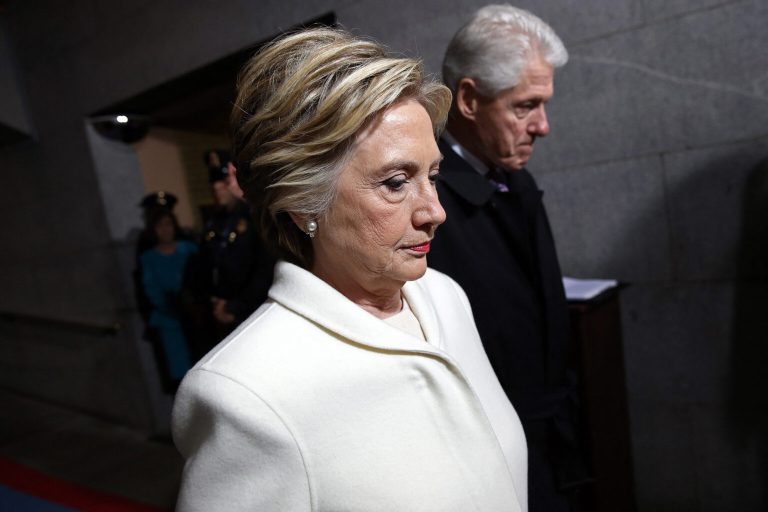
Nigeria’s Foreign Exchange (FX) market closed year 2022, on Friday, with the Naira losing 23.65 per cent (year-on-year) against the United States Dollar at the parallel market, popularly known as the black market.
This was even as Nigeria’s FX reserves recorded another accretion last week, increasing by $122.40 million week-on-week (w/w) to $37.09 billion ( as at 29 December 2022).
Daily Sun investigations revealed that the demand for dollars for school fees payments, medical bills, tourism, importation of inputs and other goods have been high across major commercial banks.
Faced with limited supply, manufacturers, investors and individuals have resorted to the parallel market to purchase foreign currency. This then resulted to the market ending the year with U$D selling at N740 as against N565 at the beginning of 2022.
For instance, at the Investors and Exporters (I&E) forex window, Nigeria’s official FX market, naira ended the year 2022 with 8.56 per cent (year-on-year) depreciation against the dollar.
Meanwhile, total turnover (as of 29 December 2022) fell 60.1 per cent WTD to $142.19 million, with trades consummated within the N440.00 – N478.18/$ band.
In the Forwards market, the naira appreciated at the 1-month (+0.2 per cent to N468.02/USD) and 6-month (+1.5 per cent to N497.60/$) contracts, but depreciated at the 3-month (+1.0 per cent to N479.78/$) and 1-year (-0.3 per cent to N529.55/$) contracts.
Reacting to the performance of the forex market for the year 2022, analysts at FSDH Research noted that the new policy on Naira bank notes by the Central Bank of Nigeria (CBN) created pressure on the currency across board.
“Nigeria is still challenged with limited FX inflows and high demand for foreign currency to finance imports and service payments.
Worst still, receipts from oil are dwindling due to oil theft, and monetary tightening in advanced countries are expected to trigger capital outflows from developing countries,” analysts at FSDH research said.
The analysts also noted that since the beginning of the year, investment inflow including portfolio, Foreign Direct Investment (FDI) and other investments into Nigeria have remained far below inflows recorded in 2019 before the COVID-19 pandemic.
Despite the CBN’s race to $200 billion in FX repatriation (RT200 FX programme) which aims to diversify foreign exchange sources with a goal of attracting $200 billion over the next three to five years, external reserves have trended downwards in recent times.
For their part, analysts at Cordros Research said they believe the FX liquidity issues will remain over the short-to-medium term in the absence of any positive signal that denotes an improvement in FX supply relative to the pre-pandemic levels.
“Moreover, considering the tepid accretion to the reserves given low crude oil production and elevated PMS under-recovery costs, FPIs which have historically supported supply levels in the IEW will be needed to sustain FX liquidity levels in the medium to long-term. Hence, we think further adjustments in the Naira/Dollar peg closer to its fair value and flexibility in the exchange rate would significantly attract foreign inflows back to the market”, they said.
To support the fundamentals of the Nigerian economy, diversify from dependence on oil inflows, and minimise the debilitating pressures in the foreign exchange market, the CBN launched the RT200 programme in February 2022.
Godwin Emefiele, Governor of the CBN, noted that Nigeria’s non-oil exporters have repatriated a total of $4.99 billion, 10 months after the introduction of the RT200 initiative.
He stated at the last Bankers Committee retreat in December 2022 that tremendous progress has been made in generating non-oil export revenues in 2022, (approximately $62 million in quarter one, $622 million in quarter two, and $850 million in quarter three), the Bankers’ Committee resolved that the Central Bank of Nigeria should continue to support imports needs of Nigerians through the retail Secondary Market Intervention Sales (SMIS) FX window while the Deposit Money Banks (DMBs) will continue to ramp up non-oil export revenue through increased repatriation of proceeds by exporters.
(Sun)









614373 988081Wonderful blog layout here. Was it hard creating a nice looking website like this? 55428